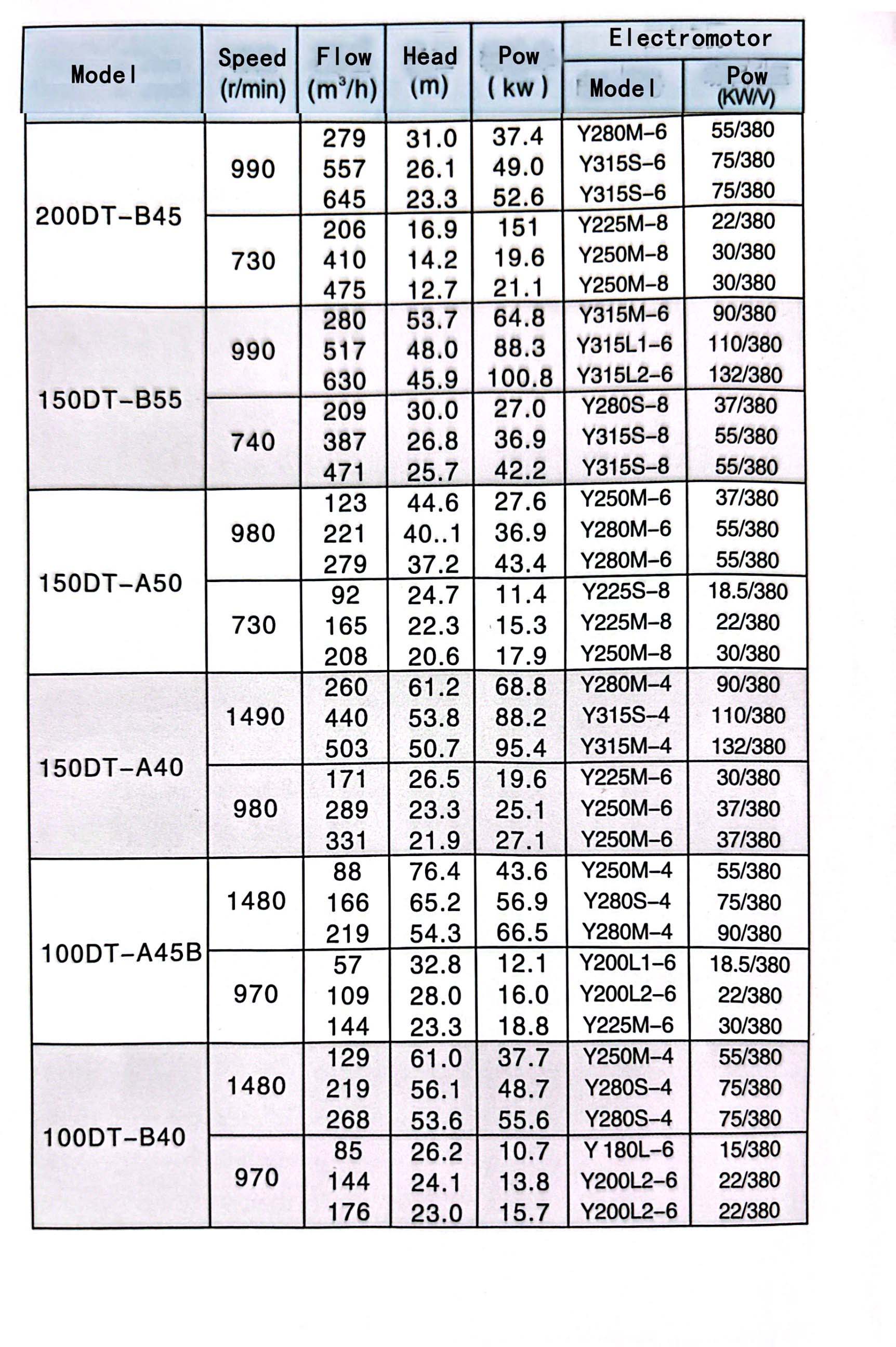Yoruba
- Afrikaans
- Albanian
- Amharic
- Arabic
- Armenian
- Azerbaijani
- Basque
- Belarusian
- Bengali
- Bosnian
- Bulgarian
- Catalan
- Cebuano
- Corsican
- Croatian
- Czech
- Danish
- Dutch
- English
- Esperanto
- Estonian
- Finnish
- French
- Frisian
- Galician
- Georgian
- German
- Greek
- Gujarati
- Haitian Creole
- hausa
- hawaiian
- Hebrew
- Hindi
- Miao
- Hungarian
- Icelandic
- igbo
- Indonesian
- irish
- Italian
- Japanese
- Javanese
- Kannada
- kazakh
- Khmer
- Rwandese
- Korean
- Kurdish
- Kyrgyz
- Lao
- Latin
- Latvian
- Lithuanian
- Luxembourgish
- Macedonian
- Malgashi
- Malay
- Malayalam
- Maltese
- Maori
- Marathi
- Mongolian
- Myanmar
- Nepali
- Norwegian
- Norwegian
- Occitan
- Pashto
- Persian
- Polish
- Portuguese
- Punjabi
- Romanian
- Russian
- Samoan
- Scottish Gaelic
- Serbian
- Sesotho
- Shona
- Sindhi
- Sinhala
- Slovak
- Slovenian
- Somali
- Spanish
- Sundanese
- Swahili
- Swedish
- Tagalog
- Tajik
- Tamil
- Tatar
- Telugu
- Thai
- Turkish
- Turkmen
- Ukrainian
- Urdu
- Uighur
- Uzbek
- Vietnamese
- Welsh
- Bantu
- Yiddish
- Yoruba
- Zulu
Telephone: +86 13120555503
Email: frank@cypump.com
Sep . 28, 2024 20:15 Back to list
Top Rated Sewer Ejector Pumps for Reliable Wastewater Management Solutions
Choosing the Best Sewer Ejector Pump A Comprehensive Guide
When it comes to managing wastewater in your home or business, having the right equipment is crucial. One of the essential tools for this task is the sewer ejector pump. These pumps are designed to move sewage from lower to higher elevations, particularly in situations where gravity cannot do the job effectively. If you are in the market for a sewer ejector pump, understanding the key features and options available can help you choose the best one for your needs.
What is a Sewer Ejector Pump?
A sewer ejector pump is a type of submersible pump that is specifically designed to handle sewage and wastewater. Unlike standard sump pumps, which are typically used to remove water from basements, ejector pumps can process solids and are used in applications where wastewater needs to be lifted to a municipal sewer line or a septic tank located at a higher elevation.
Key Features to Consider
1. Horsepower (HP) The horsepower of an ejector pump is a critical factor that influences its performance. Commonly, these pumps range from 1/2 HP to 3 HP. A higher horsepower means that the pump can handle larger volumes of sewage and solids, making it suitable for residential and commercial applications with high demands.
2. Pump Construction Look for pumps made from durable materials like cast iron or stainless steel, which can withstand the corrosive nature of sewage. A well-constructed pump will ensure longevity and reduced maintenance costs over time.
3. Fluid Handling Ability Ejector pumps come with different maximum solid handling capabilities. Consider a pump that can handle solids up to 2 inches in diameter if you expect larger debris to be present in the wastewater. This feature will reduce clogging and maintenance issues.
4. Switch Type The type of switch can affect how the pump operates. Most ejector pumps feature a float switch, which activates the pump when wastewater rises to a certain level. Some newer models come with a tethered float switch for better sensitivity and performance.
best sewer ejector pump

5. Installation Type Ejector pumps can be either manual or automatic. Automatic pumps will turn on and off based on water level, which can save time and reduce the risk of overflow. Consider your setup and choose the type that fits your needs best.
6. Noise Level Depending on your location, the noise level of an ejector pump can be a significant consideration, especially if it’s installed in a residential area. Look for models designed to operate quietly to minimize disturbance.
Recommendations for Top Sewer Ejector Pumps
1. Liberty Pumps 257 Known for reliability and efficiency, the Liberty Pumps 257 offers 2/3 HP capacity and can handle solids up to 2 inches. Its robust construction and efficient design make it a top choice for residential applications.
2. Zoeller 98 This pump offers a durable cast iron construction and has a 1/2 HP motor. It can handle solids up to 2 inches, making it suitable for smaller homes or less demanding applications.
3. Superior Pump 92301 A budget-friendly option, this pump offers decent performance in handling sewage with 1/2 HP power and is made of thermoplastic. It's a great choice for homeowners looking for an effective solution without breaking the bank.
Conclusion
Selecting the best sewer ejector pump for your needs involves understanding the demands of your system, including the volume of wastewater, the presence of solids, and the elevation changes. By considering key features like horsepower, construction materials, and fluid handling capabilities, you can make an informed decision. Whether you choose a high-performance option for a commercial application or a reliable model for your home, investing in a quality sewer ejector pump will provide peace of mind and effective wastewater management for years to come.
-
Horizontal Split Case Pump with GPT-4 Turbo | High Efficiency
NewsAug.01,2025
-
ISG Series Pipeline Pump - Chi Yuan Pumps | High Efficiency, Durable Design
NewsAug.01,2025
-
Advanced Flue Gas Desulfurization Pump with GPT-4 Turbo | Durable & Efficient
NewsJul.31,2025
-
ISG Series Vertical Pipeline Pump - Chi Yuan Pumps | Advanced Hydraulic Design&Durable Construction
NewsJul.31,2025
-
ISG Series Vertical Pipeline Pump - Chi Yuan Pumps | Energy Efficient & Low Noise
NewsJul.31,2025
-
pipeline pump - Chi Yuan Pumps Co., LTD.|High Efficiency&Low Noise
NewsJul.31,2025










